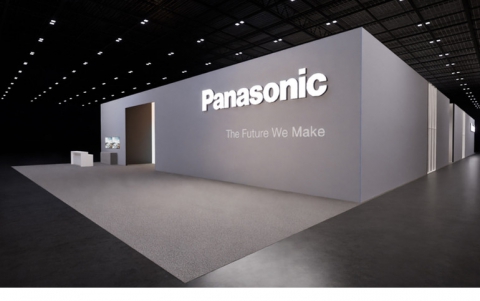
Nokia Halts Development of the OZO VR Camera
Nokia plans to reduce up to 310 jobs from its Nokia Technologies unit and halt development of its "OZO"virtual reality camera and hardware.
The Finnish company on Tuesday announced plans to "sharpen the focus of Nokia Technologies on digital health, and accelerate growth in that market, while optimizing investments in virtual reality (VR)." Nokia Technologies will also focus on growing brand and technology licensing while leaving its successful patent licensing business untouched.
Nokia Technologies unit has about 1,090 employees and the potential cuts are expected to affect staff in Finland, the United States and Britain. Nokia employed about 102,000 employees as of end-June.
The unit will continue to focus on digital health and patent and brand licensing business, Nokia said.
"The slower-than-expected development of the VR market means that Nokia Technologies plans to reduce investments and focus more on technology licensing opportunities," it said in a statement.
"Nokia Technologies is at a point where, with the right focus and investments, we can meaningfully grow our footprint in the digital health market, and we must seize that opportunity," said Gregory Lee, president of Nokia Technologies. "While necessary, the changes will also affect our employees, and as a responsible company we are committed to providing the needed support to those affected."
Nokia launched the OZO camera last year as the first device for its digital media business, one of its new hopes for future growth. The camera was designed for making 3D movies and games that can be watched and played with virtual reality headsets. Nokia cut the price of the camera by 25 percent to $45,000 later last year.














